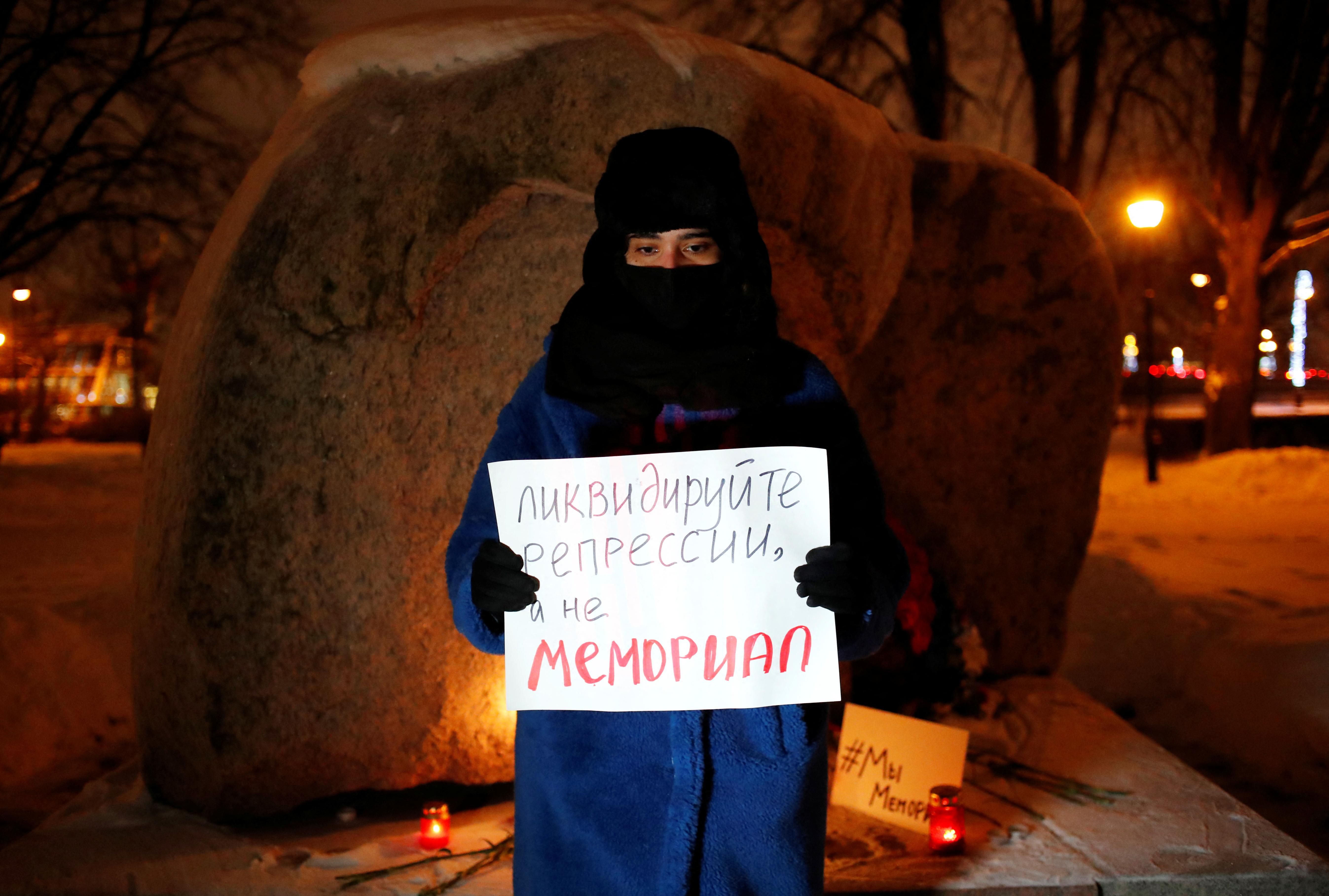What We’re Watching: Russia’s Memorial banned, Switzerland vs EU, Venezuela’s oil rebound (for now)
Memorializing Memorial. Russia’s Supreme Court ordered the liquidation of Memorial International, one of the country’s leading human rights organizations, which for the last 30 years has chronicled abuses committed during the Soviet era, including by the KGB, President Putin’s former employer. The court said the group failed to register foreign funding under a state law that many deem unconstitutional. Meanwhile, Memorial Human Rights Center, an affiliate group that has been documenting political repression in post-Soviet Russia, now faces a separate court hearing that will determine its future. In handing down its verdict, the Supreme Court said that Memorial “creates a false image of the Soviet Union as a terrorist state,” but historians sayS the group, established in 1989, plays a crucial role in documenting what happened to millions who suffered the Gulag forced labor camps, as well as other forms of oppression. Memorial’s lawyers say they will launch an appeal, but we’re not holding our breath for an overturned verdict.
Switzerland and the EU have it out. Switzerland and Brussels have long been mired in disagreements about trade and broader economic relations. Now, things have gotten even more heated, with the European Commission warning that relations could break down unless progress can be made in negotiations – immediately. So, what do both sides want? The European Union wants the Swiss – who are not in the EU but are in the European common market – to better align their laws with the EU so that the bloc's members enjoy a level playing field in the small but wealthy Alpine country. Brussels also wants to create a dispute settlement mechanism that will help resolve shortcomings in the 100-odd bilateral agreements that govern trade between the two sides. But Switzerland says that key differences remain, including on issues like whether EU citizens should have access to Swiss social benefits, as well as what rules should govern the movement of people across borders. Bern isn’t relenting just yet, but given how much it relies on access to the EU single market, will the Swiss really continue to play hard ball for much longer?
Venezuela’s oil boom. How has heavily sanctioned PDVSA, Venezuela’s state-run oil company, managed to double its oil output in 2021 compared to last year? Caracas pulled this off in part due to help from its pal Iran, which sent much-needed chemicals that helped Venezuela to pump more of its uniquely heavy and sluggish crude oil. US sanctions make it almost impossible for Nicolas Maduro's regime to get the stuff from elsewhere. PDVSA also managed to reach deals allowing it to defer payments to the smaller contractors who help to operate its oil fields. All of this helped PDVSA reach 824,000 barrels per day in November, a 90 percent boost from the monthly average a year ago. Can the good times continue? That depends in part on Iran's continued largesse, and also on whether PDVSA is able (and willing) to pay back those rolled-over debts to its contractors. Tehran and Caracas – both international pariahs heavily-sanctioned by Washington – recently agreed on a 20-year cooperation accord to strengthen bilateral relations and help them fend off "US intervention."
